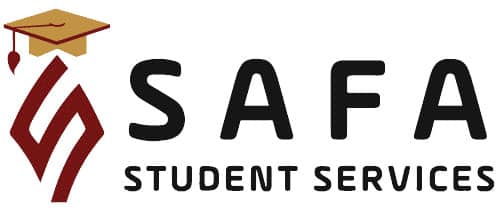Category: Study in Turkey

Studying Mechanical Engineering in Turkey 2025: A Pillar of Industry and Innovation
In our modern world, from the engines of the cars that drive us daily to…
Read More
Studying Artificial Intelligence Engineering in Turkey 2025: Towards a Future Led by Intelligent Machines
In a world experiencing an unprecedented technological revolution, Artificial Intelligence (AI) has become the driving…
Read More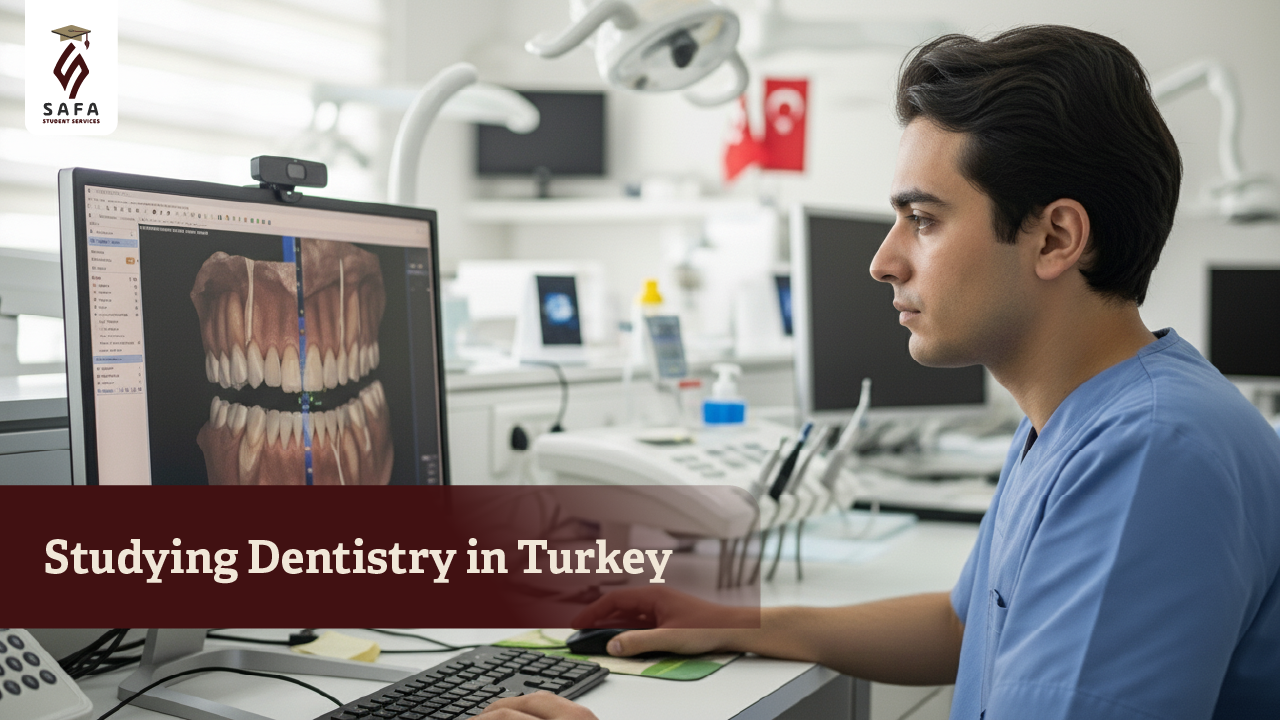
Studying Dentistry in Turkey 2025: A Bright Smile for a Promising Future
In a world where health and beauty are increasingly important, dentistry is a medical profession…
Read More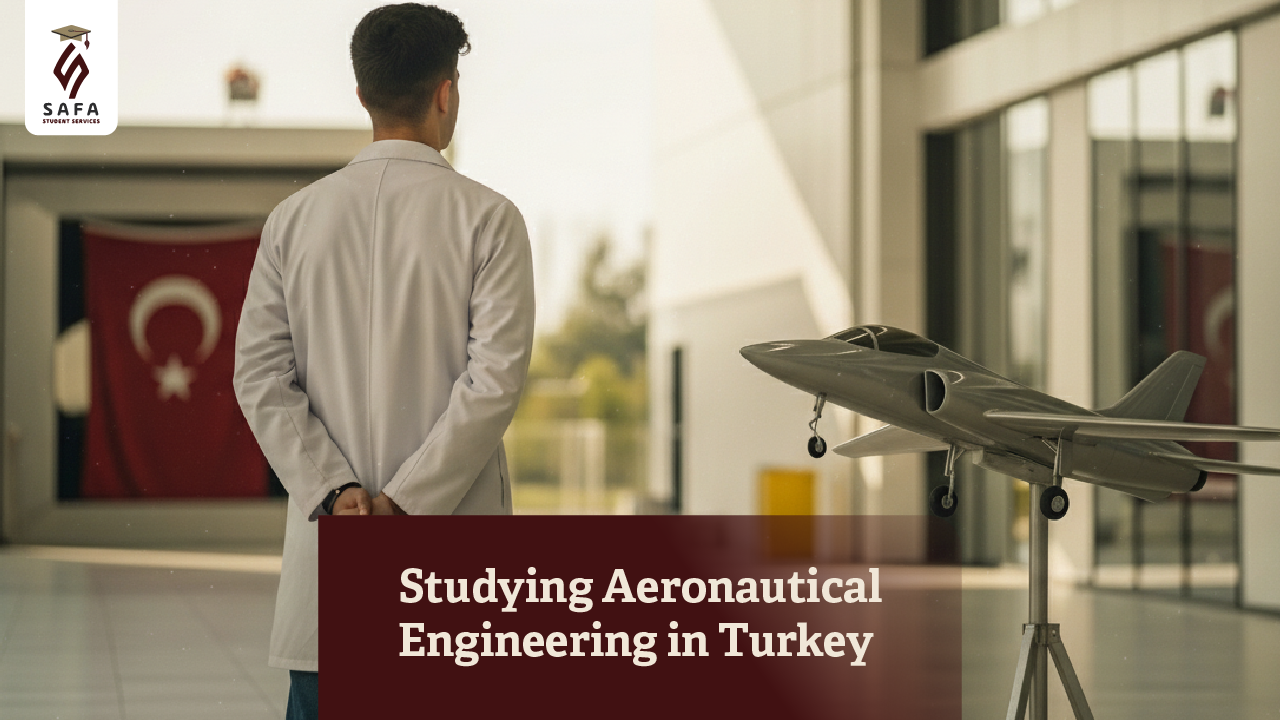
Studying Aeronautical Engineering in Turkey 2025: Soar into the skies of innovation
Imagine yourself as part of a team designing the aircraft of the future, a cutting-edge…
Read More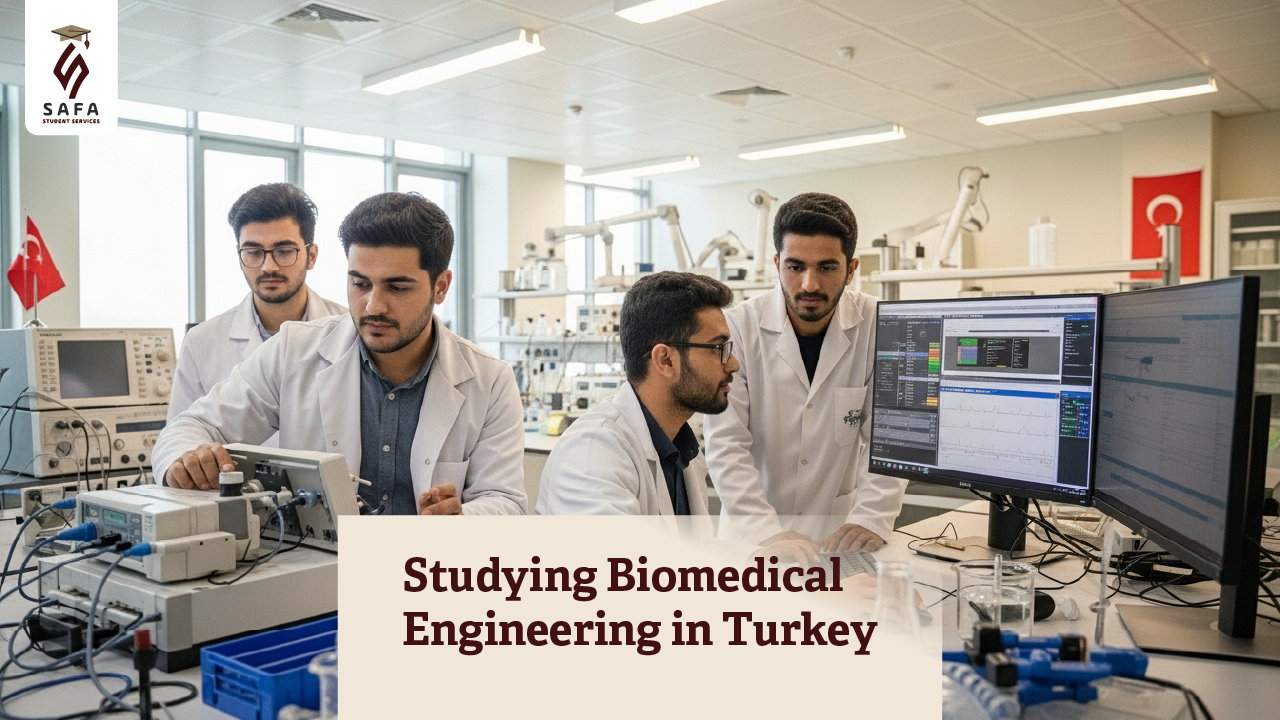
Studying Biomedical Engineering in Türkiye 2025: A bridge linking engineering and health
In an era of rapid medical advancement, cutting-edge medical equipment has become the backbone of…
Read More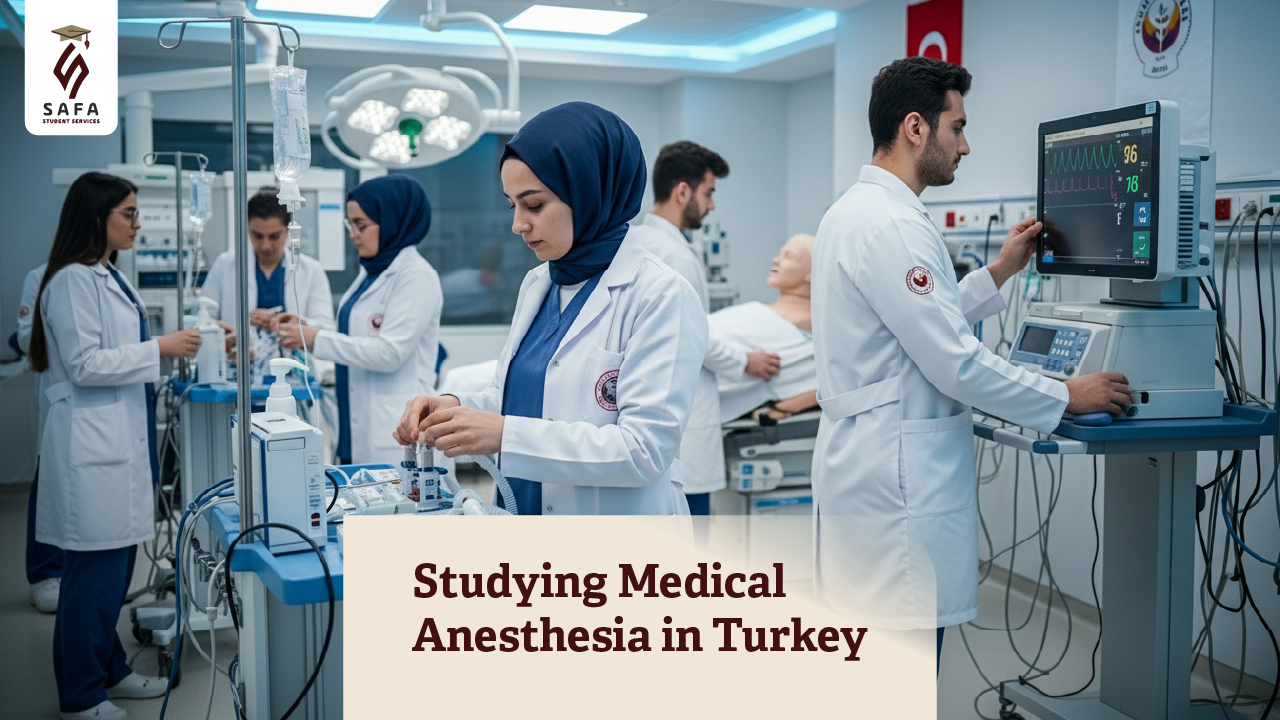
Studying Anesthesiology in Turkey 2025: A vital profession at the heart of healthcare
In every surgical procedure, and in many complex medical operations, the anesthesiologist plays a pivotal…
Read More
Studying Graphic Design in Turkey 2025: Where Art Meets Technology
In an era dominated by visual imagery and messaging, graphic design has become more than…
Read More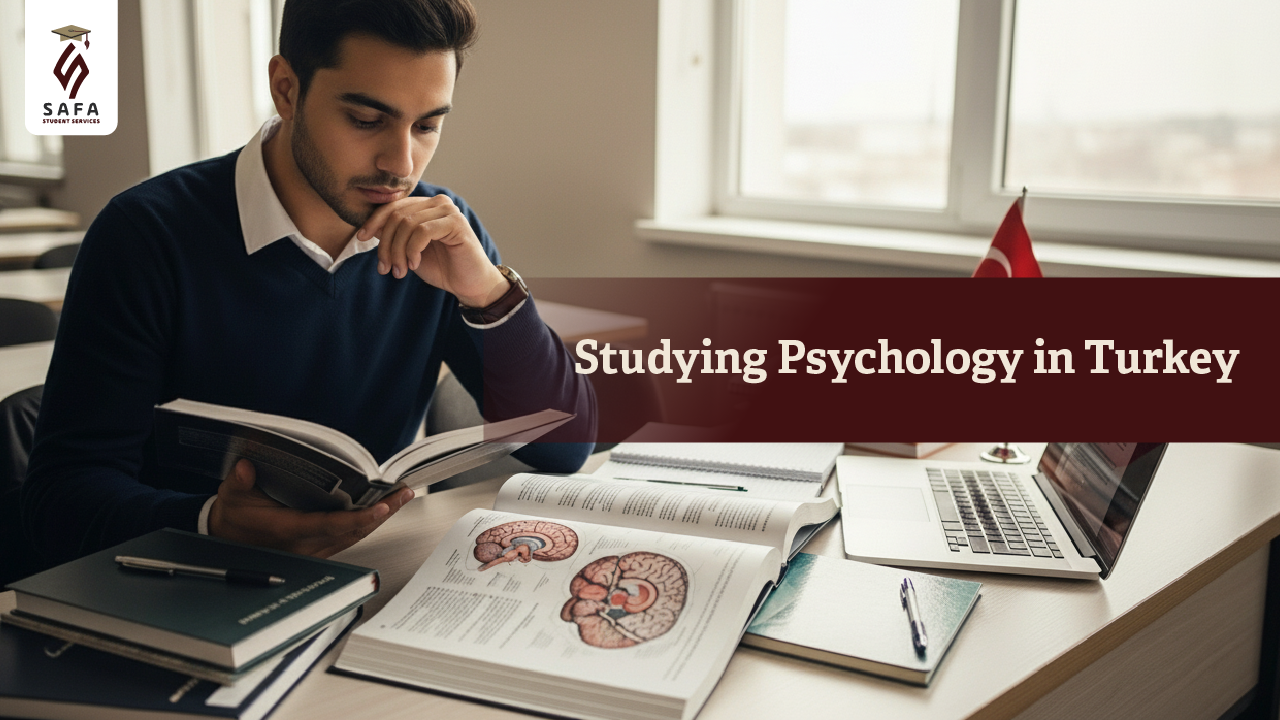
Studying Psychology in Turkey 2025: Understanding the Human Mind and Building an Impactful Career
In an increasingly complex and challenging world, awareness of the importance of mental health and…
Read More
Studying Business Administration in Turkey 2025: Your Key to Success in the Business World
In a world undergoing rapid economic and technological transformations, business administration remains one of the…
Read More
